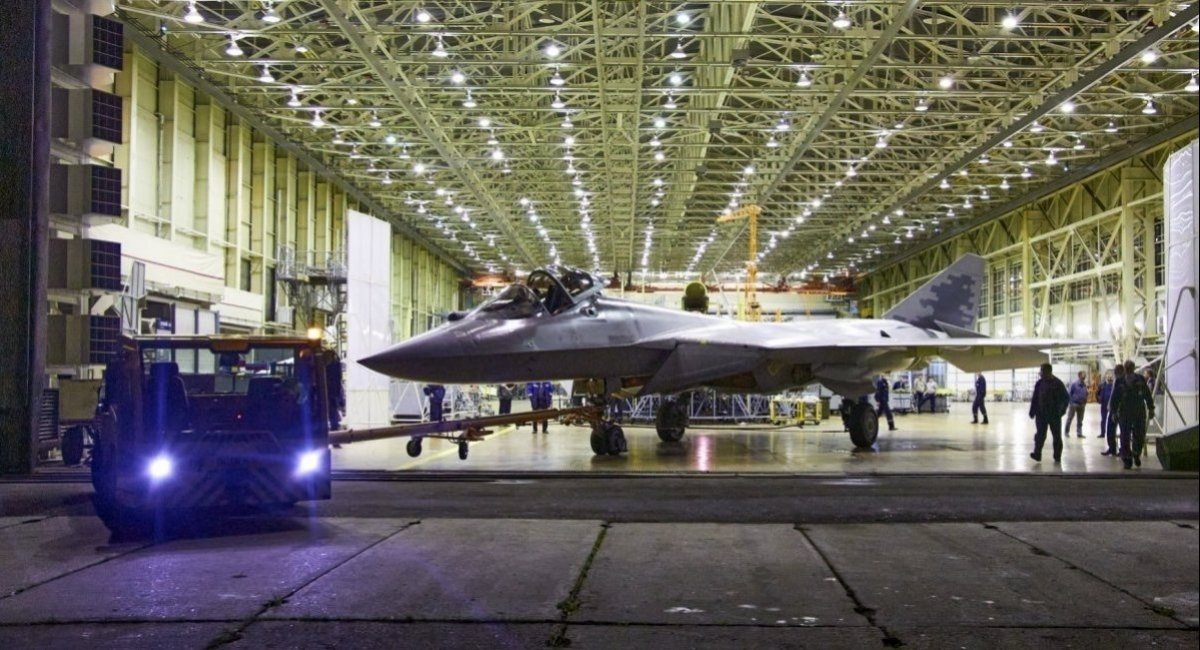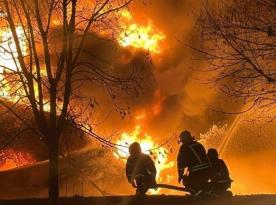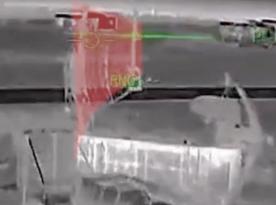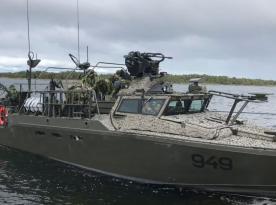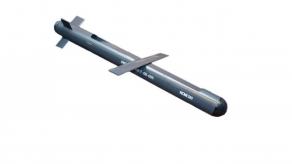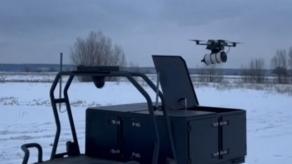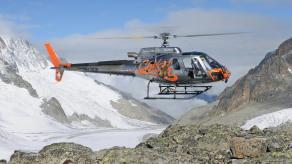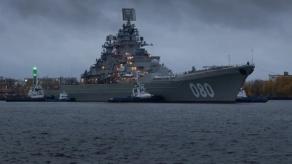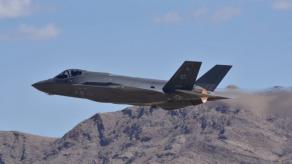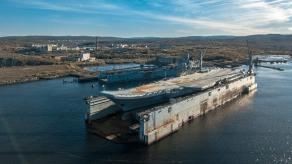Over the past year, the russian Aerospace Forces (VKS) have received at least 18 combat aircraft over the past year: two Su-30SM2 fighters for naval aviation, no fewer than six Su-34M bombers, and ten Su-35 fighters. Besides, there is an indefinite number of Su-57 multirole fighters delivered, although the prospects of their plan to produce 70 of them by 2027 remain vague.
The information and assessment comes from the International Institute for Strategic Studies, author of The Military Balance 2024 analysis of global military forces and based on open-source observations collected throughout 2023.
Read more: An-2 Biplane Considered as Decoy Material With a Lancet UAV Tethered For Strike Capability
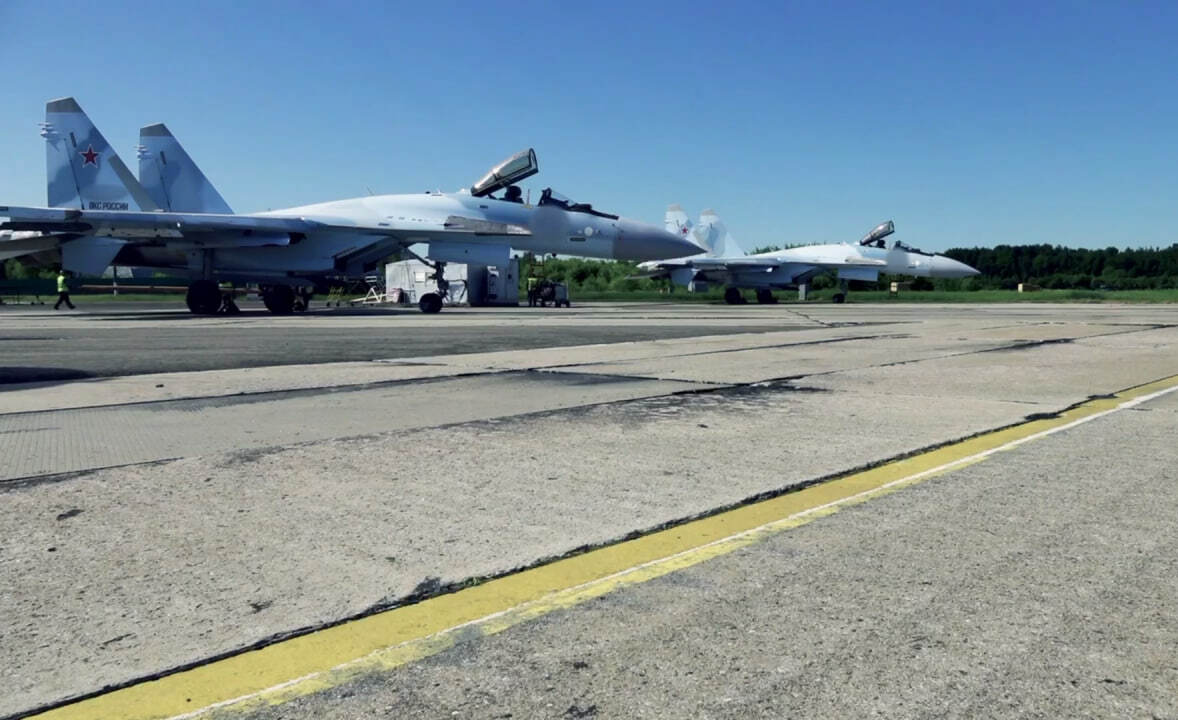
The authors note that the rates of new aircraft production is affected by the need to repair those in active service with the russian military, especially from the damage suffered in battles against the Ukrainian Defense Forces; the demand has significantly grown since russia launched the invasion almost two years ago.
IISS experts also point out that russians have lost at the very least 40% of their pre-war fleet of Ka-52 attack helicopters and 20% of Mi-8MTPR-1 electronic warfare helicopters. The losses among Mi-28 and Mi-35 are significant, too, although the authors keep figures to themselves promising to reveal them in the upcoming issue of their The Military Balance book.
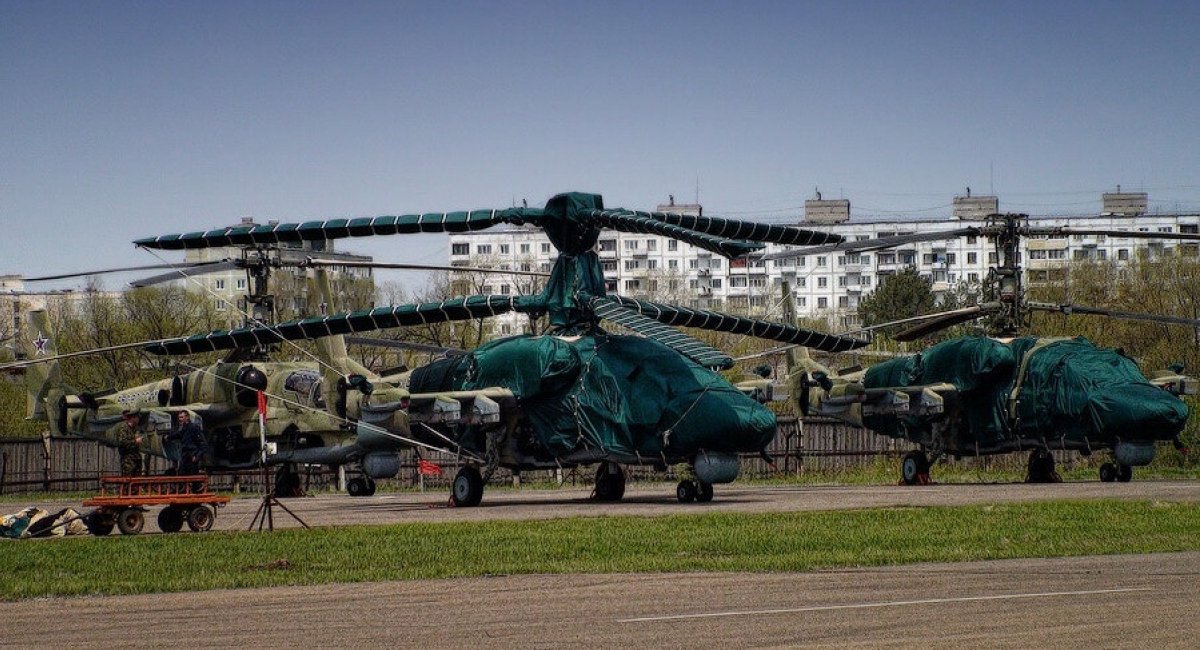
Then, they note that the downing of the A-50 airborne early warning and control system and damaging the Il-22M airborne command center this January became "a blow to the service in operational capacity and in morale" which comes against the background of overall failure to gain a decisive advantage over the Ukrainian forces.
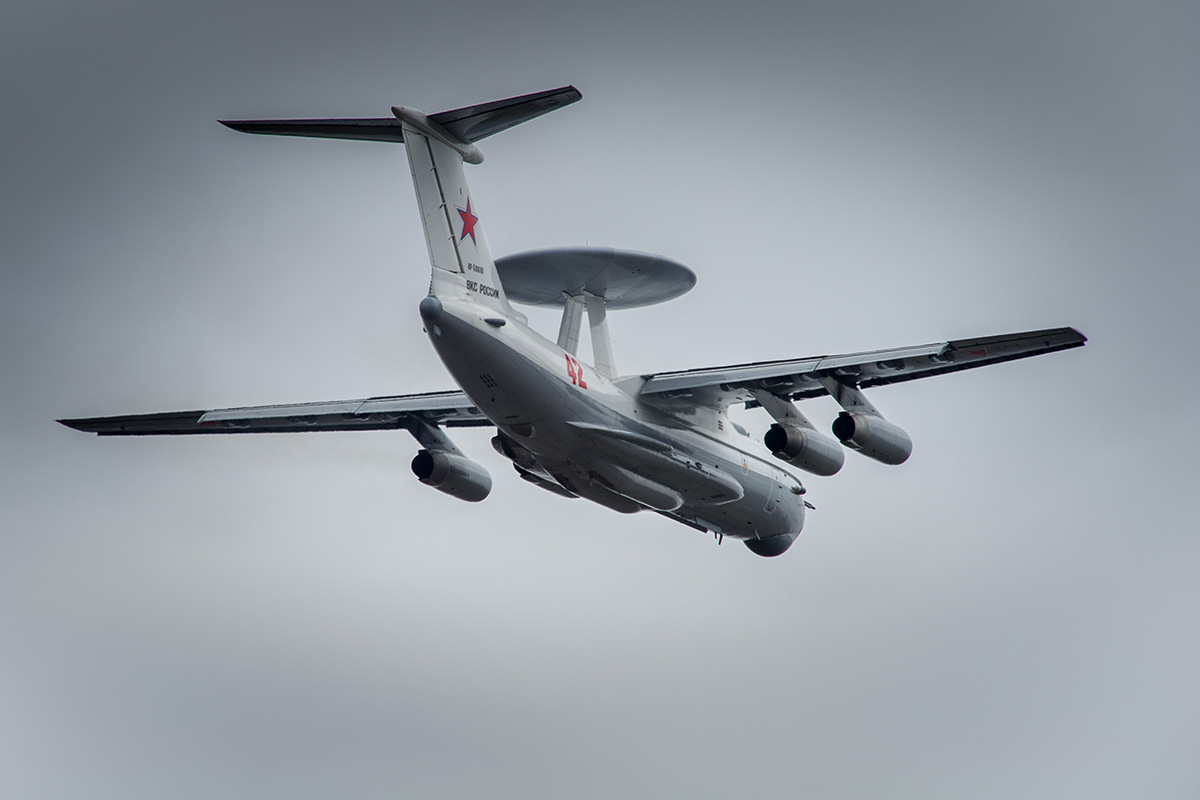
"The VKS has failed to gain air superiority against a numerically inferior opponent, has insufficient intelligence surveillance and reconnaissance aircraft, lacks adequate numbers of precision-guided weapons and has suffered meaningful losses of aircraft and attack helicopters. The bottom line is that the VKS has often been ineffective, not inactive," the analysts conclude.
The russians attempted to adapt and change tactics, they started to actively use standoff weapons, such as Kh-59 long-range missiles or bombs enhanced with UMPK glide and guidance kits, thus avoiding entering Ukrainian-controlled airspace. Meanwhile, the stocks of such weapons are depleting. The Kh-101 cruise missile arsenal has dried out to the point russia takes fresh-made missiles and sends them straight from the factory to the frontline.
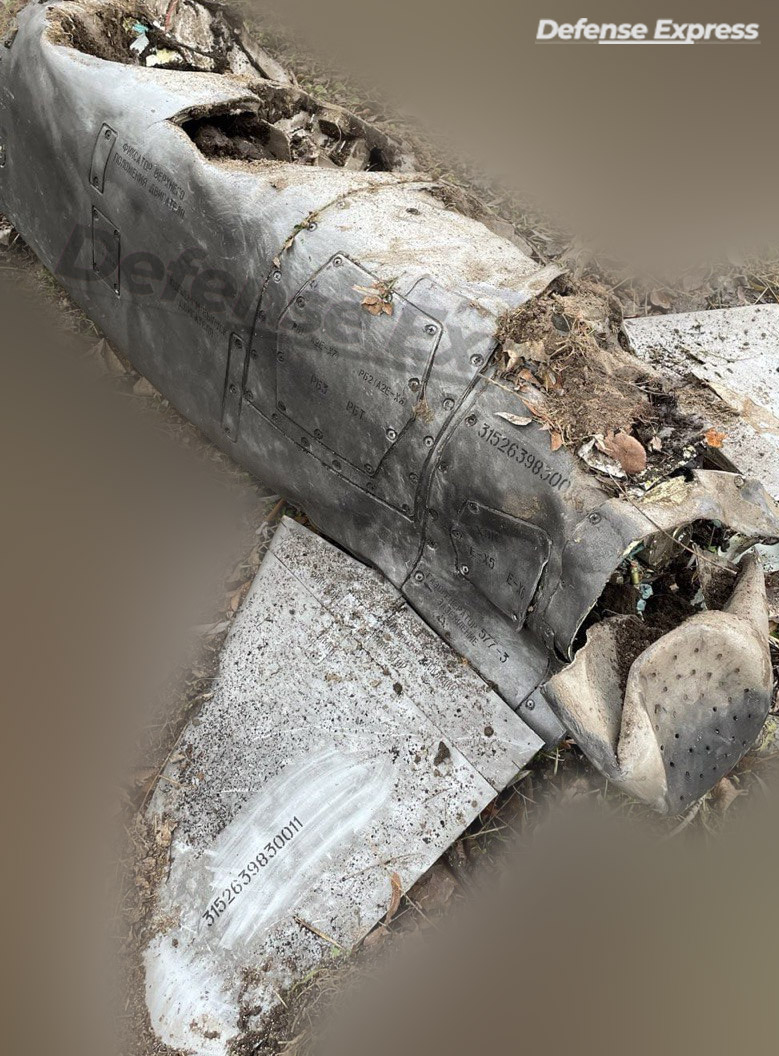
In summary, the russian air force has "underperformed and endured high losses, but it is tactically adapting," the authors say.
On a note from Defense Express, earlier this month we shared how the Ukrainian Army has changed over almost ten years of war with russia, and especially in those two years of fighting off the full-blown invasion, a topic one of Ukraine's top generals touched and among other things explained what transformations the air defense of Ukraine has undergone to face the russian threat.
Read more: Are There Resources For the Production of Ammunition and Weapons in General in russia?




